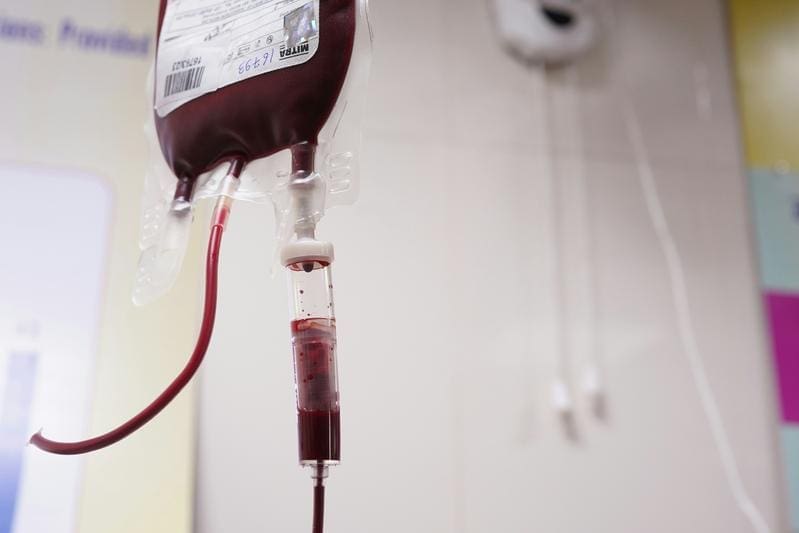Immune regulation in cancer: Mainz researchers unveil new therapeutic approaches
Scientists at the Mainz University Medical Center have discovered a groundbreaking mechanism of immune regulation in cancer that could advance the development of new therapeutic approaches. A study published in the journal Immunity shows how polyamines, natural molecules in tumor tissue, weaken the body’s immune defenses and thus hinder tumor defenses. By specifically suppressing polyamine production, the researchers were able to induce an effective anti-tumor immune response without increasing the risk of autoimmune diseases and improve the permeability of tumors to drug drugs.
Under the direction of the directors of the Institute of Immunology, Univ.-Prof. Dr. Tobias Bopp and Univ.-Prof. Dr. HansjûÑrg Schild, the research team investigated the role of polyamines that accumulate in tumors and influence the function of regulatory T cells. These cells are essential to prevent excessive immune responses and maintain the balance of the immune system. The study shows that polyamines limit the ability of T cells to fight tumors effectively. By specifically inhibiting polyamine production, not only was a stronger anti-tumor immune response achieved, but the tumor structure was also altered. Tumors were better supplied with blood, which facilitated the absorption of therapeutic agents.

The analysis was based on tissue sections, in which the cellular composition, tissue structure and blood flow of different tumor areas were examined. The results illustrate that the targeted manipulation of polyamines controls the function of regulatory T cells in such a way that the tumor defense is strengthened without impairing the protective mechanisms against autoimmune diseases. This approach opens up new perspectives for cancer therapy, as it activates the immune response in a targeted manner while ensuring patient safety.
The study, supported by the DFG-funded Collaborative Research Centre 1292, underlines the importance of interdisciplinary research for translational progress. A Phase I study is currently being conducted in the USA under the leadership of the company Aminex to test the tolerability and optimal dosage of a polyamine inhibitor. If these tests are successful, further studies could investigate its effectiveness in cancer patients. The findings offer promising approaches to improve immunotherapy and make the treatment of cancer more effective and safer.
Original Paper:
Editor: X-Press Journalistenbû¥ro GbR
Gender Notice. The personal designations used in this text always refer equally to female, male and diverse persons. Double/triple naming and gendered designations are used for better readability. ected.




